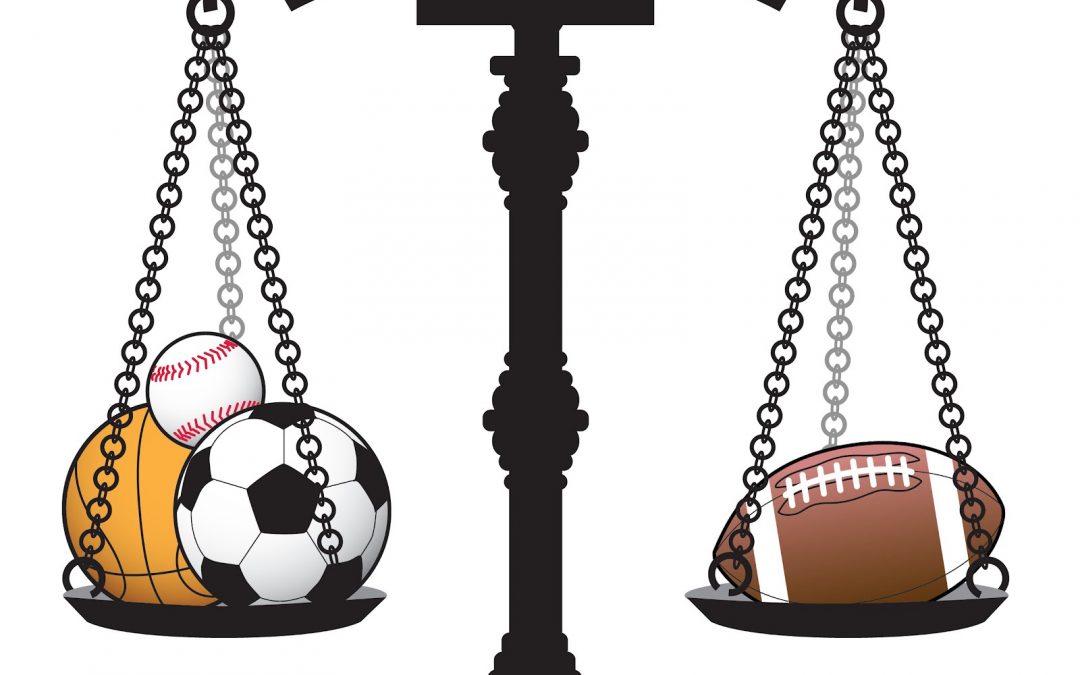The recent managerial sackings and appointments in the Premier League, and across board has had an erstwhile domino effect – with no Norwich City manager, Dean Smith, being appointed weeks after being sacked by Aston Villa; and Rangers having to hire former player, Gio Van Bronckhurst, after former manager, Steven Gerrard, was hired by Aston Villa. However, these terminations and appointments are protected by a new guideline established by football governing body, FIFA.
On December 14, 2020, FIFA announced new changes to the Regulation on the Status and Transfer of Players (RSTP), creating a new regulatory framework for coaches. The new amendment was a welcome development as there wasn’t any regulation governing the contracts of coaches. Thus, just like football players, whose contracts are protected by the Regulation on the Status and Transfer of Players, the contracts of managers have now been protected under the new RSTP. This article seeks to give an overview on the Amendments made to the RSTP as regards the regulatory framework for coaches.
Application of the Annexe
To begin with, Annexe 8 of the RSTP provides the essentials regarding the rules for the employment of coaches. The rule applies to two sets of coaches:
- Those who are paid more than their expenses they incur during their coaching activity; as well as
- Those under the employment of professional clubs and associations.
This means that in a situation where the coach doesn’t get paid more than the expenses they incur, and they aren’t employed by professional clubs and associations, the Rule will not apply to them. Thus, the distinction is similar to that between amateur and professional players, with the difference being the groups.
Validity of Contract
To have a valid professional contract, a number of criteria must be met. Article 2 provides that the contract must be in writing. Additionally, the contract must contain the essential elements of an employment contract (essentialia negotti) which include – the object of the contract, the rights and obligations of the parties, the status and occupation of the parties, the agreed remuneration (which includes bonuses as well – this could include bonuses if the cub achieves any huge feat such as winning a title, avoiding relegation, etc. for example, Westbromich Albion manager, Sam Allardyce, was said to have a seven figure bonus in his contract should the club avoid getting relegated in the 2020/2021 Premier League season). It is also important to note that where an intermediary is involved in the contract negotiation, their names must be in the contract.
Further, the contract is valid, subject to work or residence permit being granted; the coach having a specific coaching licence; as well as requirements of an administrative or regulatory nature.
Termination of contracts
Termination of contracts is an important part of contractual relationships between football clubs and coaches. Thus, Article 3 of the Annexe states that the contracts can only be terminated either by expiration or by mutual agreement.
In December 2020, the FIFA Dispute Resolution Chamber found Australian club, Brisbane Roar, guilty of wrongfully terminating the contract of former manager, Robbie Fowler. Fowler’s contract was terminated after the club stated that his comments made against the club ruined its reputation globally. The Chamber held that the club had to pay Robbie Fowler and his assistant, Tony Grant, three months of their wages, which was before they were hired by an Indian Super League club.
It is important to note that before the new Annexe, the termination of contracts of managers didn’t have a lot of rules. However, managers usually had agreements with clubs and got pay-outs whenever they were sacked by their former clubs. For example, when Jose Mourinho was sacked by both Manchester United and Chelsea, he received huge pay-outs from both clubs. Also, former Everton and Newcastle United manager, Sam Allardyce also received pay-outs when his contracts were terminated by clubs.
Termination of contract with Just Cause
Article 5 of the Annexe provides for termination of contracts where there is just cause. “Just cause” in this situation applies to situations of outstanding contracts. It states that where a club fails to pay the coach’s salary for at least two months on their due dates, the contract will be deemed to have been terminated, as long as the coach has made the club or association aware of the situation in writing, as well as granting at least a 15-day deadline to fulfil its financial obligations.
Termination of Contract without Just Cause
According to Article 6 of the Annexe, in all cases, compensation shall be paid by the party that has breached the contract. In terms of calculation of the compensation, it will be calculated thus:
The Coach’s Compensation
- Where a coach hasn’t signed a new contract and his contract is terminated, the compensation will be equal to the value of the contract that was terminated. For example, where the coach signed a two-year contract, and gets sacked with six months of his contract left, the value of compensation will the value of the six months left.
- Where the coach has signed a new contract by the time the decision to terminate the contract has been taken, the value of the new contract which corresponds with the time remaining on the contract that was prematurely terminated shall be deducted from the residual value of the contract that was terminated early – this is called Mitigated Compensation.
Compensation due to the Cub or Association
- The compensation will be calculated based on the damages and expenses the club or association incurred in connection with the contract termination. Due consideration will be given to the remaining remuneration and salary benefits the coach was due under the contract that was prematurely terminated – which includes the fees and expenses which the former club incurred.
In conclusion, the regulation provided a framework governing the contracts of football coaches, thereby giving them proper protection, and making sure their rights are better protected. Unlike the days before the creation of the regulation, the regulation makes sure to cover the field in terms of the validity of contracts, as well as termination of contracts. The only spanner in the works that might appear will be the fact that this regulation cannot be enforced by local coaches in Nigeria –due to the fact that should disputes arise, they have to be international in nature for FIFA to have Jurisdiction, and the NFF is yet to constitute a National Dispute Resolution Chamber (NDRC).
 Ayomide Eribake is a graduate of law (Second Class Upper Division) from the University of Lagos. Over the last few years, he has developed keen interest in Sports Law, researching and writing on a number of sports law issues which have been published both online and in print.
Ayomide Eribake is a graduate of law (Second Class Upper Division) from the University of Lagos. Over the last few years, he has developed keen interest in Sports Law, researching and writing on a number of sports law issues which have been published both online and in print.
He has garnered experience in Sports Law, working as a Legal Assistant at Sportlicitors LP, a Sports Law firm in Nigeria. During his time at the firm, he assisted with research, contract reviews and other tasks. He was also involved in creating the firm’s Virtual Internship scheme for law students – which also involved students from foreign countries.
Amongst his legal interests include: Football law, E-Sports, Insurance law and Labour law. During his free time, he enjoys reading, writing, playing football manager and watching football. He’s also a huge Liverpool fan.

